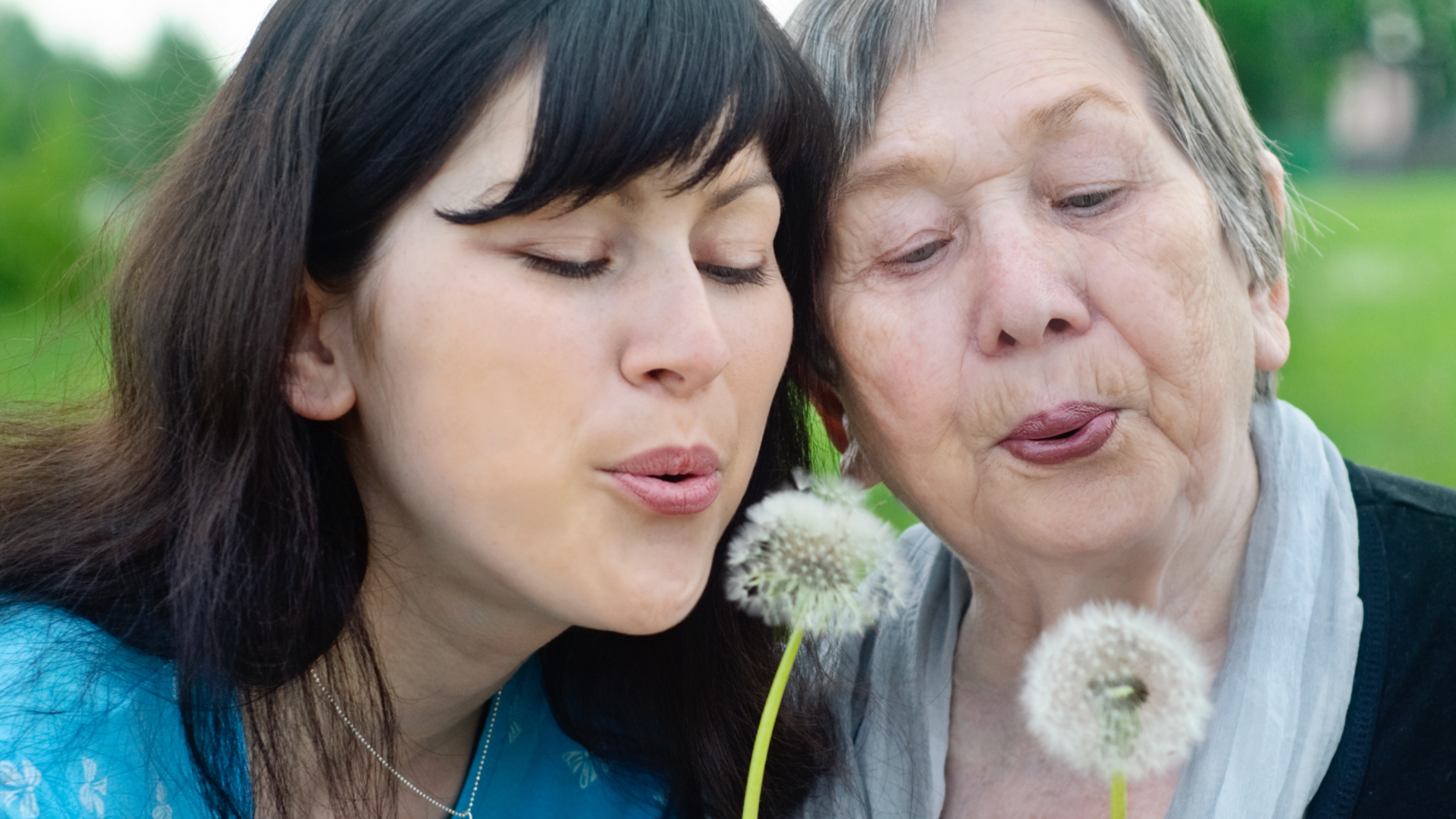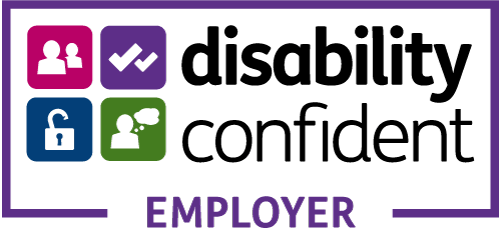Do you know my true colours ?
Veterans and mental health
The national media have a tendency to portray veterans in a particular way – dirty clothes, hunched over and living rough - street people. Sadly, this is the case for some veterans but we know that for many this isn’t true. It’s also not true that most veterans are struggling with Post Traumatic Stress Disorder (PTSD) even though that’s what we see in TV and films. Like us they have a broad range of needs but they can often struggle to find the right front door for getting help.
A Veteran is a person who has served in the Armed Forces for at least 1 day. There are approximately 2.4 million veterans in the UK, and about 10% of military personnel leave the Armed Forces every year – equating to around 20,000 people.
Veterans experience common mental health problems at about the same rate as the civilian population – 1 in 4 people will experience a difficulty such as anxiety and depression in any given year. We offer civilians and veterans alike free NHS-funded psychological therapies to help them overcome and manage their difficulties. We’re working hard at Trent PTS to ensure that we are aware of veteran-specific needs and adapt our practice to support veterans in the best way we can.
We understand that veterans can experience difficulties that are unique to them, and we’re here to support you with these too. We know the Armed Forces typically recruit from areas of deprivation and that people who sign up don’t always come from warm, loving homes and backgrounds. People take relationship difficulties, problems managing emotions and poor mental health with them into the Forces. When they come out – these difficulties can feel magnified on top of transitioning into civilian life and dealing with the uncertainty of the future. We understand that there’s a huge stigma around mental health within the Armed Forces and so these problems are often tackled using substances and avoidance – coping strategies which might help in the short-term but long-term create more difficulties.
We also understand that PTSD is a difficulty that is prevalent in the veteran population, at about the same rate as civilians – however those who have been deployed and served in active theatre are two to four times more likely to experience symptoms of PTSD.
People who are less in the spotlight but of equal importance are the families of veterans – Mums, Dads, Children, and Partners. Being from a Forces Family may mean that you’ve had to deal with loss, anger, uncertainty or upheaval. Research shows that 1 in 4 Armed Forces partners or family members report that their mental health has been affected by their loved ones Service. However 1 in 8 of those people say that they would try to cope alone and not seek support.
Please don’t struggle with this alone.
If your difficulties are combat-related or non-combat related we’re still here to help. We’ll take the time to listen to you, and what you need support with. We won’t assume your difficulties are about your time served – just because you’re a veteran. If you need help in working on your relationships, in dealing with your childhood, in managing your current situation, in finding value in your new civilian life, in helping with your anxiety or your depression – you should never feel alone. Trent PTS is here to help.
We’re working on developing stronger links with local and national organisations so if we can’t exactly meet your needs, we’ll know who can. You can self-refer on our website, there’s no need to see your GP.
Here are some links to organisations where you can find further support:
Advice and support for veterans & ex-forces | Veterans' Gateway













